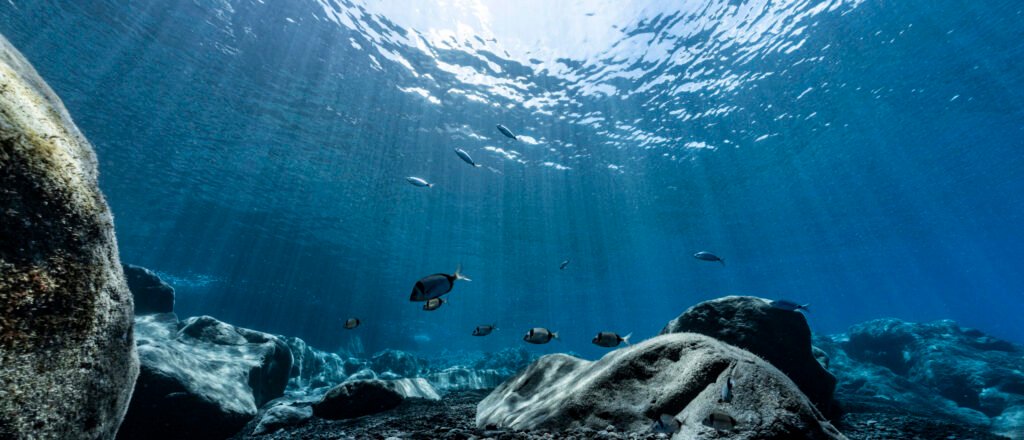Researchers have discovered a preserved ancient landscape dating back 7,000 years near the sunken city of Soline in the Adriatic Sea, according to the Daily Mail.
Archaeologists have discovered the ruins of Soline, a city founded by the ancient Hvar culture on a submerged artificial land mass off the coast of present-day Croatia. Founded around 12,000 BC and then engulfed by rising sea levels after the last ice age, the city was connected by a network of rivers and estuaries. According to According to the Daily Mail, the find is part of a well-preserved underwater landscape.
Scientists make 'astonishing' discovery while studying 7,000-year-old underwater city https://t.co/SwWfZkEhCT pic.twitter.com/MqbjHN422w
— DailyMail US (@DailyMail) August 26, 2024
A team led by geoarchaeologist Dr Simon Fitch has used cutting-edge underwater 3D seismic sensors to map this forgotten world, with initial discoveries revealing a vibrant and dynamic environment, currently hidden beneath the seafloor, that is likely to have been bustling with ancient human activity.
“This is surprising because it suggests that there was likely human habitation there,” Fitch said, according to the outlet. The discovery not only reveals the advanced nature of the Hvar culture, but also provides insight into the geographic and ecological conditions in the Adriatic region thousands of years ago. The submerged formations were protected from the harsh marine environment by the nearby Dalmatian islands, according to the Daily Mail. (Related: Lost islands discovered in underwater mountain may be origin of Atlantis legend)
BOL, CROATIA – JUNE 28: The island of Hvar in front of the island of Brac as seen from the town of Bol, Croatia on June 28, 2021. (Photo by Elisabetta Zavoli/Getty Images)
“The landscape is much more diverse and well preserved than we expected, with much more detail than we expected,” Fitch explains. “Buried rivers and estuaries are beautifully preserved in what is now the ocean floor.”
According to the Daily Mail, researchers plan to further explore and map the underwater ruins in late 2024, and are optimistic of finding further artefacts and settlements that could provide insight into the lives of Hvar's people and their response to ancient climatic changes.







